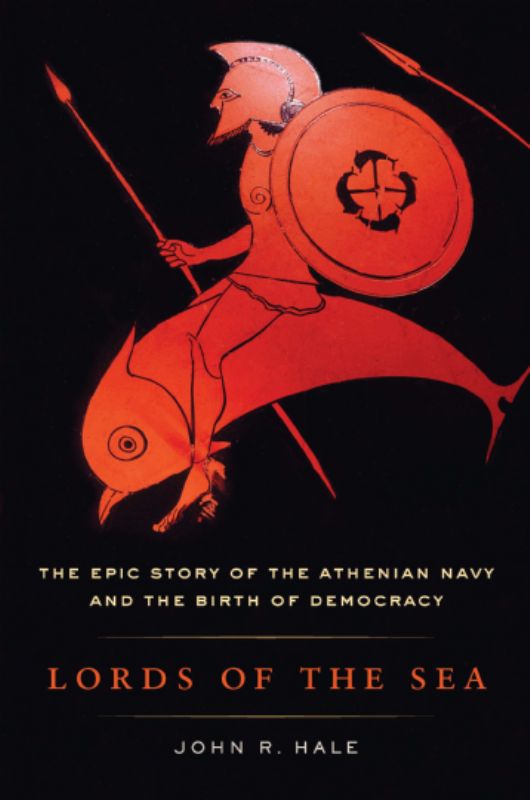Having been stranded in Zurich last night by snow blanketing Heathrow, I stayed overnight at a hotel near the airport, spending a couple of hours working on ideas for the new book. Then, as I was leaving for the airport again this morning, I was offered a lift by an attractive woman, her daughter and granddaughter. Although I tried to politely decline, ordering my own taxi, theirs turned out to be big enough for all – so I travelled to the airport with them.
When it transpired that I was leaving a couple of hours to catch my plane, whereas they were cutting it much closer, we began talking about the times we had missed planes. I mentioned tthat I had missed a flight to San Francisco where I was meant to be doing a speech and, another time, from Cornell to New York, so that I had to drive seven hours south to catch a flight. It turned out that my hostess had missed a flight from San Diego, where she had also been doing a speech. I asked on what? Helicopters, she explained. So, did she work for Sikorsky, I asked? No, she said, she had been the first woman to fly a helicopter around the world – from Pole to Pole, and back.
Turned out that she was Jennifer Murray, described by the Telegraph as a death-defying, globe-circling grandmother. A glorious conversation as we sped through the snowy fields – well worth having a flight cancelled under one for. Among other things, we talked of climate change and other forms of environmental destruction.
On the flight back, I finished Lords of the Sea, John Hale’s unbelievably wonderful account of the the Athenian navy and the birth of democracy. Utterly fascinating, but at times profoundly upsetting, as the Athenians energetically cut their own throats by forcing some of their greatest trireme experts into exile or to take their own lives through drinking hemlock.
Found myself reading out sections of the book to people as I travelled, including a section on page 287, where the environmental devastation effected by the construction and maintenance of the navy was described – coupled with the deadly (and linked) rise of King Philip’s Macedonia, which would ultimately end the independence of Athens:
Macedon’s rise had been fueled in part by Athens itself, for the navy required constant supplies of timber. Plato had already described the deforestation of Attica and its devastating effects on the Athenian countryside. With the trees cleared from the hillsides, the soil had eroded to the sea. Athens’ loss had been Macedon’s gain. Over many years Athenian silver had been enriching the northern kingdom through purchases of oak, fir, and pine for ships and oars. Philip could now cut off this resource at will …
Rings more than a few bells in today’s world.


Leave a Reply